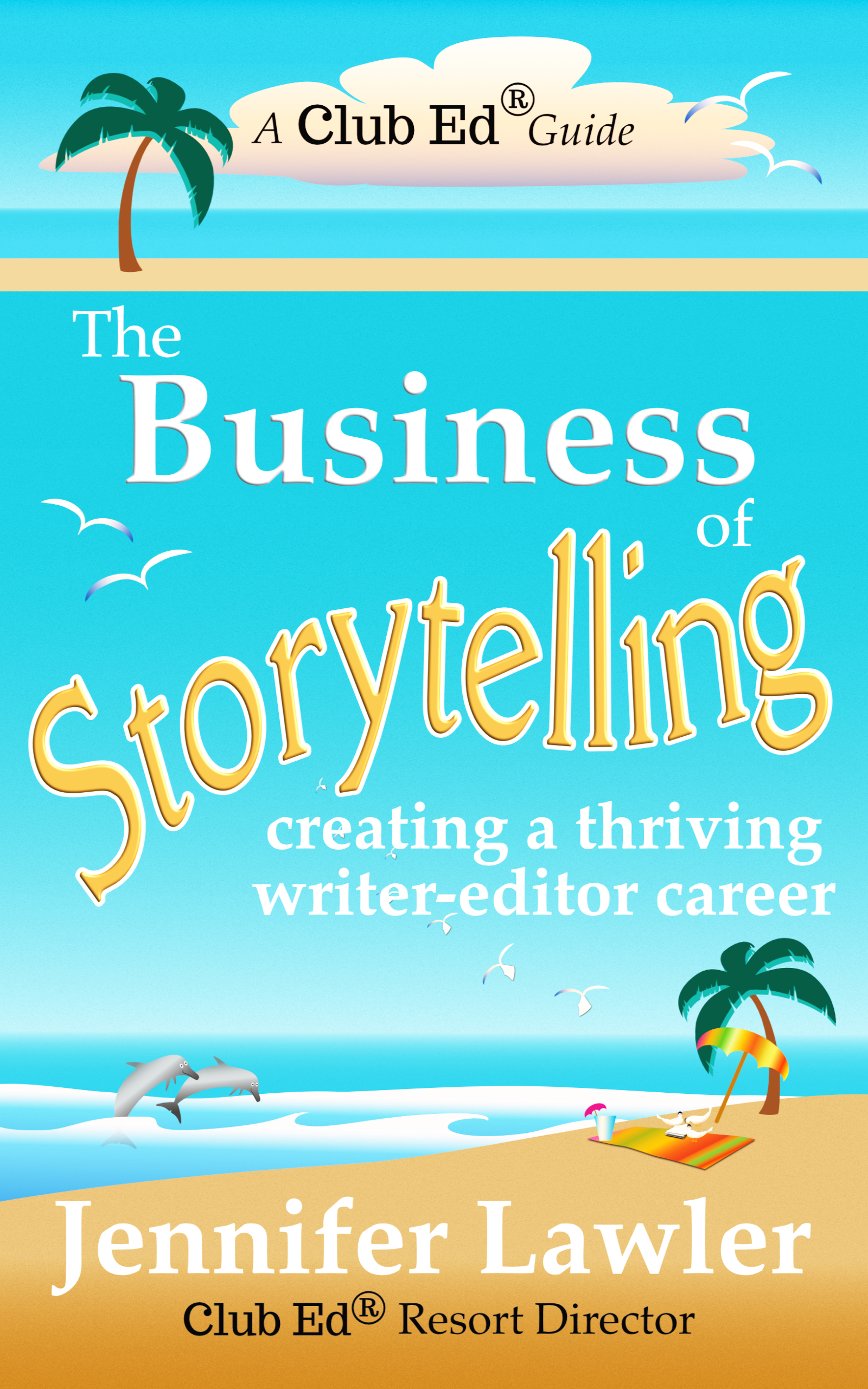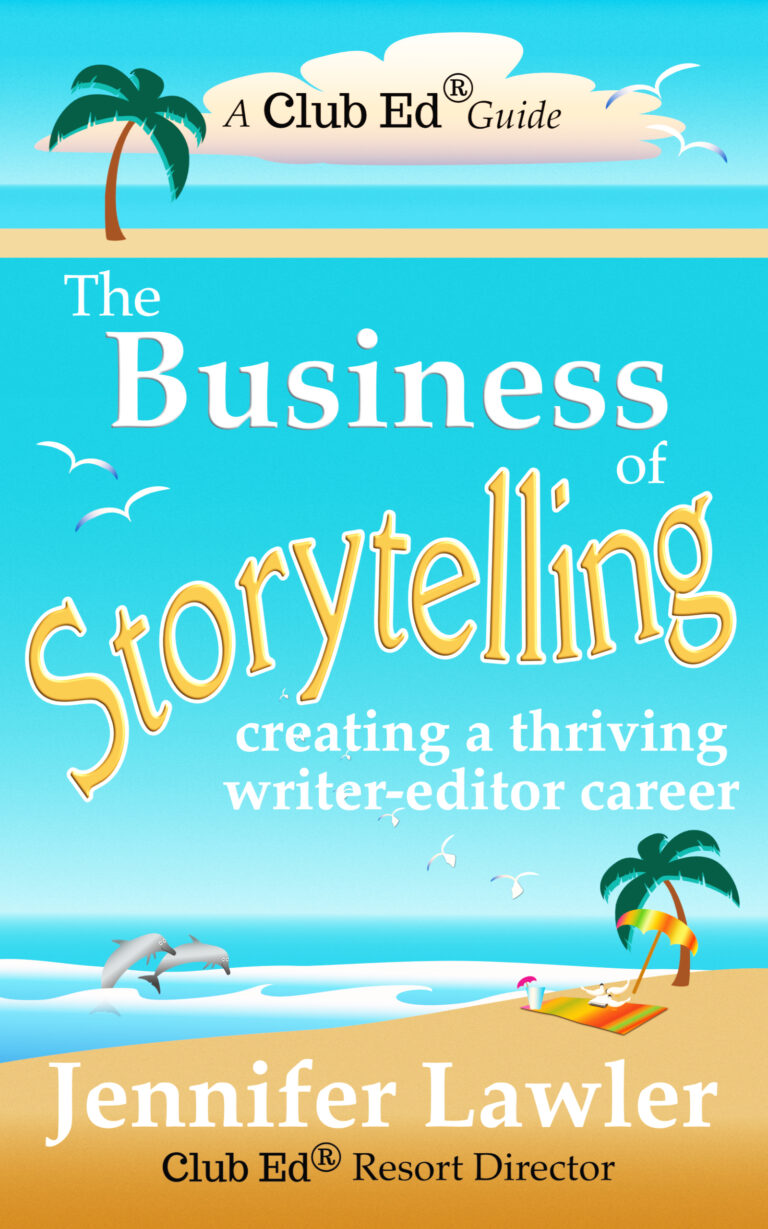Setting Client Expectations
Setting client expectations at the very beginning of a working relationship is necessary to provide the best editing services when working with authors.
Setting Client Expectations: What Does the Client Want?
Because editorial functions can go by different names, the first rule of freelance editing (whether developmental or otherwise) is to figure out what your client wants. If your client says, “This manuscript needs a good editor,” you need to verify what that means. You may think it means a thorough review of the plot, characterization, and setting, whereas the client may just want you to make sure all the words are spelled correctly.
A client may come to you wanting a copyedit but really needing development. The two shade into each other—a heavy copyedit can look a lot like development, and a developmental edit that requires a lot of line editing can look a lot like a copyedit.
We have to make sure we’re on the same page as the client. We have to describe exactly what we do (“I’ll look at issues like character development”) rather than assume that saying “I’ll do a DE on your ms” means the same thing to the client as it does to us.
Make Editorial Recommendations
But developmental editing isn’t merely about doing what the client wants. We’re not fry cooks filling orders. We’re educated professionals who often know better than the client what the manuscript actually needs. In essence, the DE’s job is to teach the author how to write a better story. Part of the job, then, is making recommendations about what a particular project requires for that to happen.
Sometimes editors are afraid of getting blowback from clients who want one-stop shopping or who don’t want to listen to their recommendations. Remember, just because someone wants us to work a certain way doesn’t mean we have to.
When you’re first starting out, you probably don’t feel you can be very choosy about your clients, but here’s the problem: Suppose your client asks you to do a combined DE/CE (which I talked about in a previous blog post). Suppose you agree because of money. Some errors slip through because how can they not? Readers bring these errors to the author’s attention. Who gets blamed?
Now your client is unhappy with you for doing something that was against your better judgment in the first place. There is nothing more frustrating than this situation.
Instead of thinking in terms of blowback, think in terms of setting expectations: “This is how I work, this is why I recommend a separate CE round, this is my fee.”
Many dev editors provide samples of previously edited material (used with the author’s permission) to show various levels of editing:” This is generally how I do a dev edit, this one is a light copyedit, and that one is a combination.”
Heading Off Scope Creep
Setting client expectations from the start helps keep the project you’re doing from becoming never-ending. If you agree to do one round of editing, that does not also include three hundred hours of personal coaching while the author is trying to finish the revision.
It’s very common for the scope of an editing project to change, what we call “scope creep.” In some cases, this offers the opportunity to create additional income. When you deliver the manuscript, if the author wants those three hundred hours of personal coaching, you can charge for that separately.
The problem occurs when we don’t push back against scope creep. It’s one thing for the author to send a few emails after you’ve delivered the edit, asking you to clarify a point you made or to ask if you think a solution s/he’s devised will work. It’s another to be on the hook for questions the author asks for the rest of her career.
So, be as clear as possible: “I provide two hours of email support after the edit is delivered; by request, I can arrange additional coaching at my hourly fee of $X.”
Many times, authors don’t realize that what they’re asking is different from what they agreed to. Almost always, when I’ve brought this to their attention, they recognize right away that they pushed the boundaries and adjust their expectations accordingly. In other cases, we will work out additional compensation for the additional work.
Some authors want the dev editor to actually fix all the problems in the manuscript, which is far beyond the scope of what a dev editor does; that’s a coauthor or ghostwriter, and you would have to charge significantly more. Some writers need more teaching than we can provide in an edit; in those cases, you may be able to begin a coaching relationship with the author.
How to Handle Client Quirks
One common question I’m asked is, “What should you do about authors who send their materials in strange fonts or nonstandard file formats?”
In general, we develop manuscripts in Microsoft Word. It’s possible to use Google Office for this as well (though that has some drawbacks, such as people being able to view your edits before you’re finished or making changes to the manuscript while you’re editing).
Although editors are sometimes asked to proofread a PDF or some other file format, for development, it’s best to use Word. If the client insists, it’s easy enough to use virtual sticky notes on a PDF to leave queries, but unless you have the right software, you won’t be able to do any line editing.
Some software that authors use, such as Scrivener, automatically exports to PDF, so they sometimes think that’s the file they should send to you. Other times, they save a Word document as a PDF, thinking that’s more professional.
It’s perfectly fair to expect the client to provide an appropriate file format with appropriate formatting, such as a standard font. Most formatting issues take only moments to correct, so if the only quirk is that the author has used two spaces after the period or a weirdly undecipherable font, I’ll just fix it instead of kicking it back to the author/client and waiting three months for them to get around to it.
If it’s not an easy quirk to address (perhaps the author has sent you the file on a floppy disk), then just state what the author needs to do instead.
Tips for Editors & Writers
World-building without info-dumping
World-building is often seen as the province of science fiction and fantasy writers who have to convey new-to-us settings and cultures, and occasionally by historical writers who have to convey the feel of an era that a reader may not know much about. But every story takes place somewhere. Even stories set in a contemporary…
Focus on a limited number of problems in story development
Typically in a manuscript evaluation or developmental edit, I focus on what I perceive to be the three-to-five most important concerns I’ve noticed in the ms. This is the approach I teach my editing students. Editing too many problems at once overburdens the author In any given ms, there may be ten or fifteen developmental problems…
Clients who want services you don’t offer
Newer freelancers sometimes come to me in a panic because a client has approached them to do work that’s outside their typical scope. Commonly this is something like the freelancer offers copyediting and developmental editing but the client wants coaching. What should they do? They don’t know how to coach, they don’t offer coaching services,…
Join the Club!
New to story editing? Begin at the beginning.







